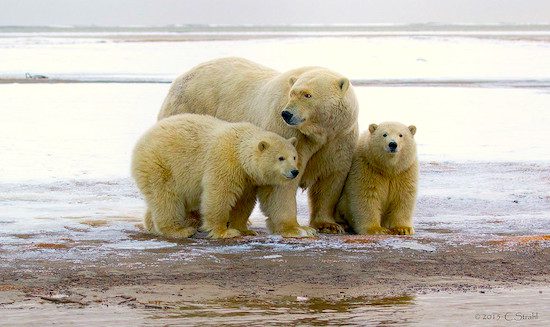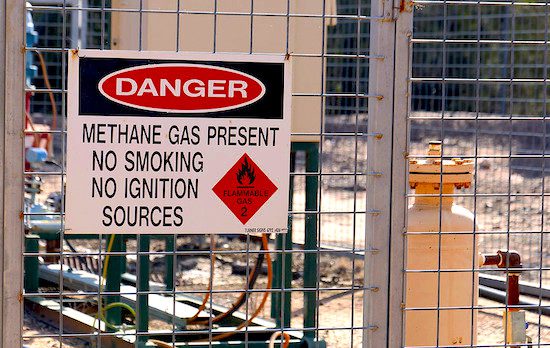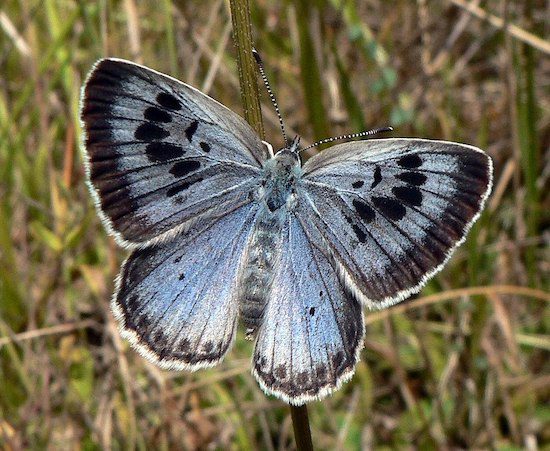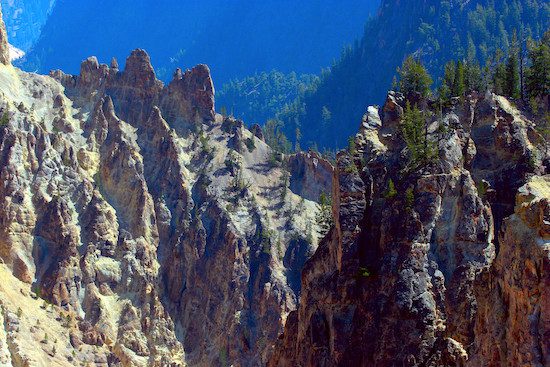


Environmental Action: The Trump administration is barreling ahead with approvals for destructive oil and gas drilling in the sensitive Arctic National Wildlife Refuge—some of the best polar bear denning habitat in the country. Make no mistake: Drilling is bad for wildlife and the environment. Land near the Arctic Refuge bears the scars from fossil fuel sites that were shuttered decades ago. Spills and accidents still occur at nearby oil and gas sites, damaging delicate ecosystems and the irreplaceable wildlife that makes its home within the refuge. Polar bears den here, but the noise and traffic that could come with new drilling could disturb polar bear moms, causing them to abandon their cubs. Without a mother, cubs have little chance for survival. This special place is not only home to polar bears, but also the world-famous Porcupine caribou herd and other irreplaceable wildlife. It should not be sacrificed for the sake of more fossil fuels that contribute to climate change.
>>>Urge congressional leaders to restore federal prohibition on oil exploration and drilling in the Arctic National Wildlife Refuge.
Center for Biological Diversity: On the West Coast, Southern Resident killer whales have plummeted to an astonishing new low in the past three decades, with just 76 individuals remaining—the lowest it has been in 34 years. They’re in a dangerous decline because of a lack of food, pollution, and noise and disturbance from boats. But there’s new hope, despite annual surveys showing a severe decline in their condition due to lack of food. New ways to study orcas, like collecting fecal samples from boats with the help of dogs, have given scientists undeniable evidence of the importance of Chinook salmon in orcas’ diets. Now it’s time to use that science to stop overfishing of salmon and leave enough for the whales.
>>>Urge the Pacific Fishery Management Council to pass new measures for reducing the salmon harvest if the health of either the fish or orcas doesn’t meet certain levels.
Change: Chinchillas are notable for their kindness to one another. For example, reports PETA, “if a chinchilla mum has problems producing milk to feed her babies, another female will often step in to assist, while male chinchillas will often help out with babysitting.” Quiet and shy, they have a natural lifespan of 10 to 20 years. But on fur farms, these gentle animals are killed at just eight months old by extremely cruel practices, including electrocution or breaking their necks. No animal should ever be treated like this. It takes over 200 chinchillas to make just one fur coat. Fashion is not worth an animal’s life.
>>>Urge the European Union to ban the farming of chinchillas.
Cause for concern…

- Trump’s EPA dumps methane emissions rule for oil, gas fields (Associated Press via Marketwatch)
- Greenland ice sheet lost a record 1 million metric tons of ice per minute in 2019 (Damian Carrington, The Guardian)
- Global deforestation accelerates during pandemic (Anna Gross, Andres Schipani, Stefania Palma and Stephanie Findlay, Financial Times)
- Canada’s last intact ice shelf has collapsed (Mindy Weisberger, LiveScience)
- “Massive poisonous shock”: Scientists fear lasting impact from Mauritius oil spill (Duncan Miriri, Omar Mohammed and Matthew Green, Reuters)
- Air pollution remains worst in U.S. communities of color despite progress (Emily Holden, The Guardian)
- U.S. air conditioning use could surge nearly 60% by 2050 (Dharna Noor, Earther)
- Migratory river fish populations plunge 76% in past 50 years (Damian Carrington, The Guardian)
- Washington state says Navy’s testing program would harm more orcas (Lynda V. Mapes, Seattle Times)
- Factory farms disproportionately threaten Black, Latino and Native American North Carolinians (Sarah Graddy, Environmental Working Group)
- Mink farms incubate cruelty and COVID-19 (Wayne Pacelle, Animal Wellness Action)
- There’s so much poop along the Texas coast, swimming could make you sick (Sanford Nowlin, San Antonio Current)
Round of applause…

- U.K. conservationists have successfully brought back butterflies declared extinct in 1979 (Annie Reneau, Upworthy)
- Norwegian pension fund to divest over $47 million from 27 companies, including Exxon and Chevron (Associated Press)
- More coal power generation closed than opened around the world this year (Adam Morton, The Guardian)
- U.S. House bill seeks to create animal cruelty crimes unit in DOJ (Jessica Savage, WTOC 11)
- Restoring mangrove forests in the Niger Delta (Inès Magoum, Afrik 21)
- These 3D printed tiles are helping restore devastated coral reefs (Ben Dahl, Cool Material)
- ‘World’s loneliest elephant’ finally released to sanctuary after 35 years in zoo (Doloresz Katanich, Euronews)
- Handmade nest lures golden eagles back to Highlands estate (Patrick Barkham, The Guardian)
- 500,000 sign petition for French vote on animal cruelty (Joanna York, The Connexion)
- New television ad shows top food critics tricked by vegan meat (Maria Chiorando, Plant Based News)
Parting thought…

“Nature is painting for us, day after day, pictures of infinite beauty if only we have the eyes to see them.” —John Ruskin
Earth | Food | Life (EFL) explores the critical and often interconnected issues facing the climate/environment, food/agriculture and nature/animal rights, and champions action; specifically, how responsible citizens, voters and consumers can help put society on an ethical path of sustainability that respects the rights of all species who call this planet home. EFL emphasizes the idea that everything is connected, so every decision matters.
Click here to support the work of EFL and the Independent Media Institute.
Questions, comments, suggestions, submissions? Contact EFL editor Reynard Loki at [email protected]. Follow EFL on Twitter @EarthFoodLife.